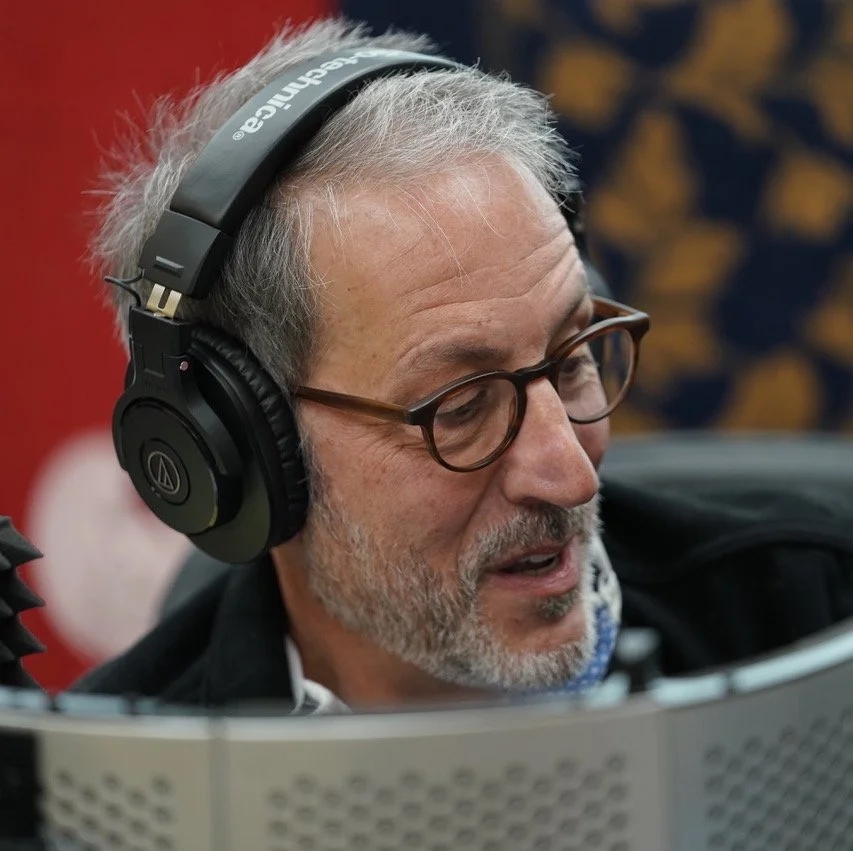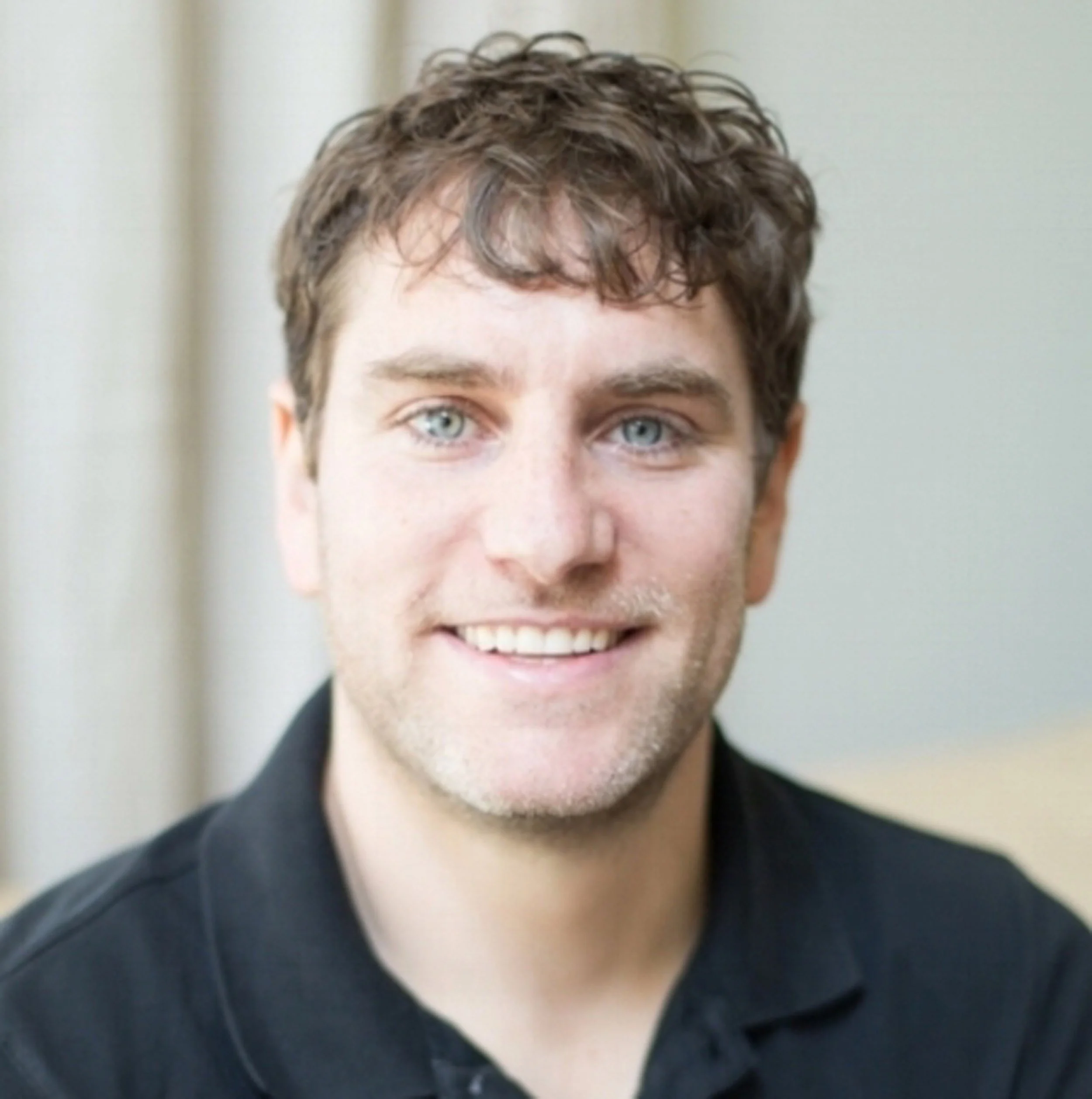Britt Wray - Author of “Generation Dread: Finding Purpose in an Age of Climate Crisis”
/Author of Generation Dread: Finding Purpose in an Age of Climate Crisis
Broadcaster and Researcher Working on Climate Change and Mental Health
I think the general waking up that I'm seeing around me in so many different parts of society, people from all walks understanding that this is here, it's not a future threat. It's active now. We need to get smart about addressing it. A lot of people are also asking themselves how can I be of service? What can I do at this time? How am I going to be? And you know, the more climate job boards and networking communities and sites of bringing people together to do that work of figuring out how they're going to go on their climate journey while infusing it with a sense of joy, with a sense of how can we make this fun, right? How can we reshift so this is not just focusing on the negative, but really focusing on what we want to be building and what is abundant and the better life that we're working towards? All of that has been popping up a lot and that gives me an honest sense of hope. So a lot of it is about that relationality, creating conditions of solidarity that bring a sense of stability and security. Even though there's a lot of uncertainty about what the impacts will be and how they're going to affect us, each and every one of us, in the decades ahead. There needs to, amidst all that uncertainty, be other things that can undergird a child and make them feel held, safe, secure, and like they belong to a protective community that's thinking and feeling with them through this.



















